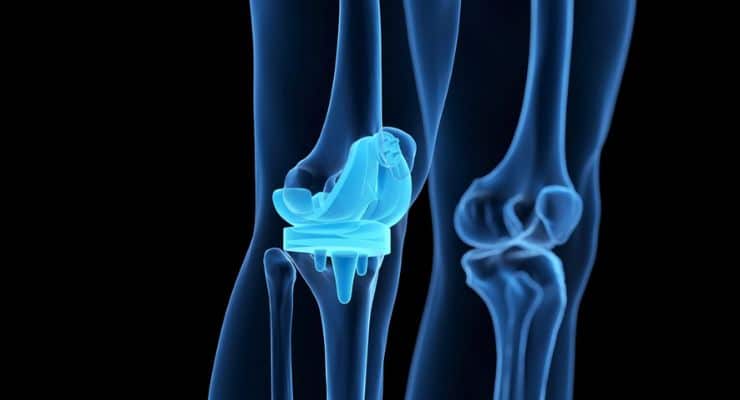Dr. Jeffrey DeClaire joins specialists to present findings at American Academy of Orthopaedic Surgeons Annual Meeting.
The study will be presented as a poster from March 7-11 during the 2023 Annual Meeting of the American Academy of Orthopaedic Surgeons (AAOS).
About the Study
The study measured pain levels of 266 patients two years after robot-assisted knee replacement to determine how joint laxity (ligament balance) and alignment play a role in improved joint pain. Researchers found no association between alignment and outcome, indicating joint balance may have a greater impact on outcome than alignment.
DeClaire was one of the first specialists in the world to combine computer-generated imaging with robotic instrumentation to help provide a superior outcome for knee replacement patients. He was involved in the clinical studies on the BalanceBot, a robotic ligament tensioning device that measures a patient’s ligament balance helping to create a surgical plan and precise implant positioning. It results in a more successful knee replacement and reduces the risk of complications, which can sometimes involve malalignment, instability of the knee, stiffness, limitation of motion, and pain. Recent studies show a nearly 98 percent satisfaction rate for patients — which far surpasses an 81 percent satisfaction rate using traditional, non-robotic knee replacement techniques.
“Thanks to a high-tech combination of robotics and 3D computer technology, along with the BalanceBot to monitor the tension, knee replacement patients can recover faster and will have fewer complications and significantly less pain two years post-surgery,” says DeClaire. “It is very rewarding to see patients happy to be pain free and living life to the fullest.”


